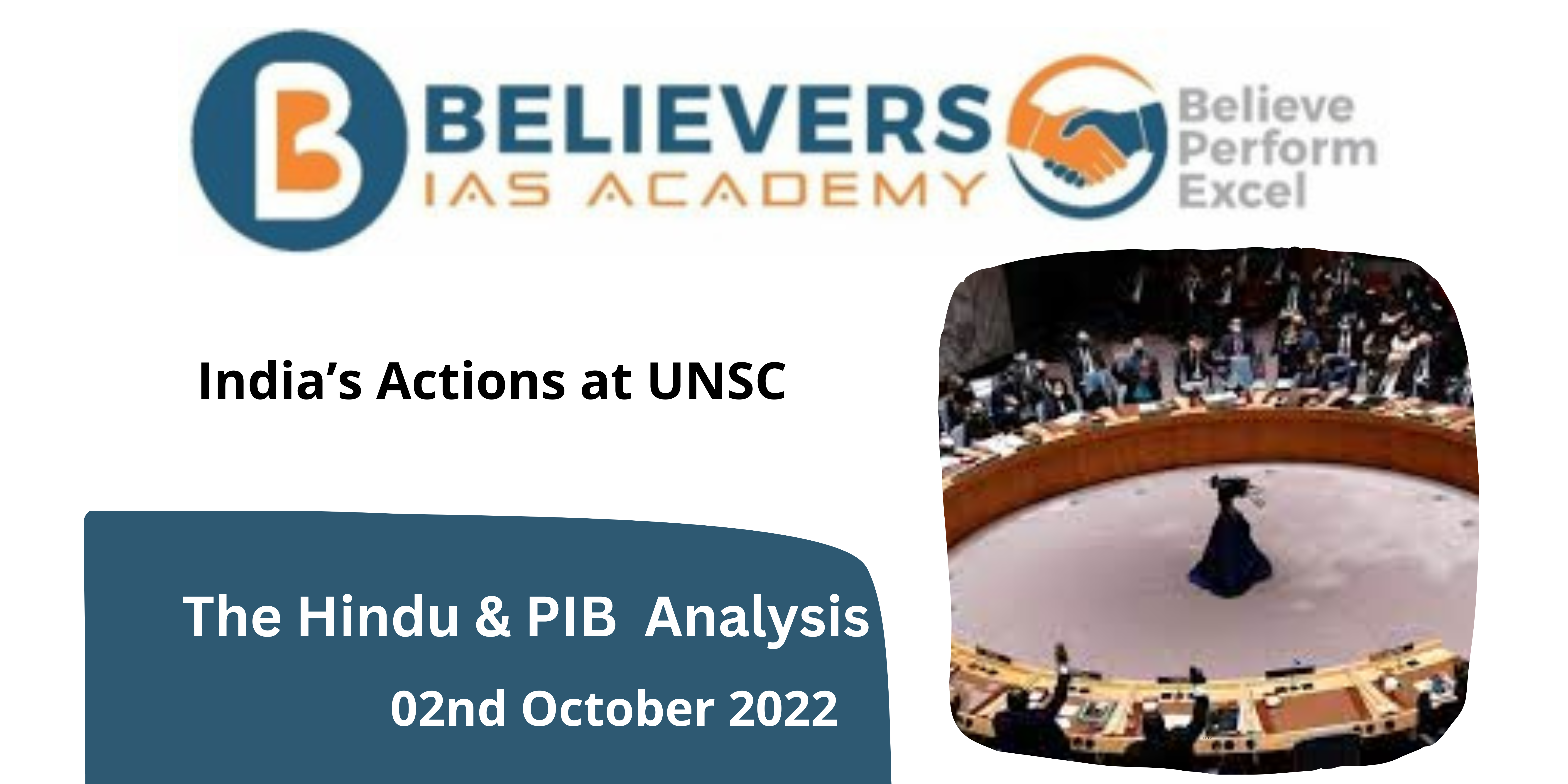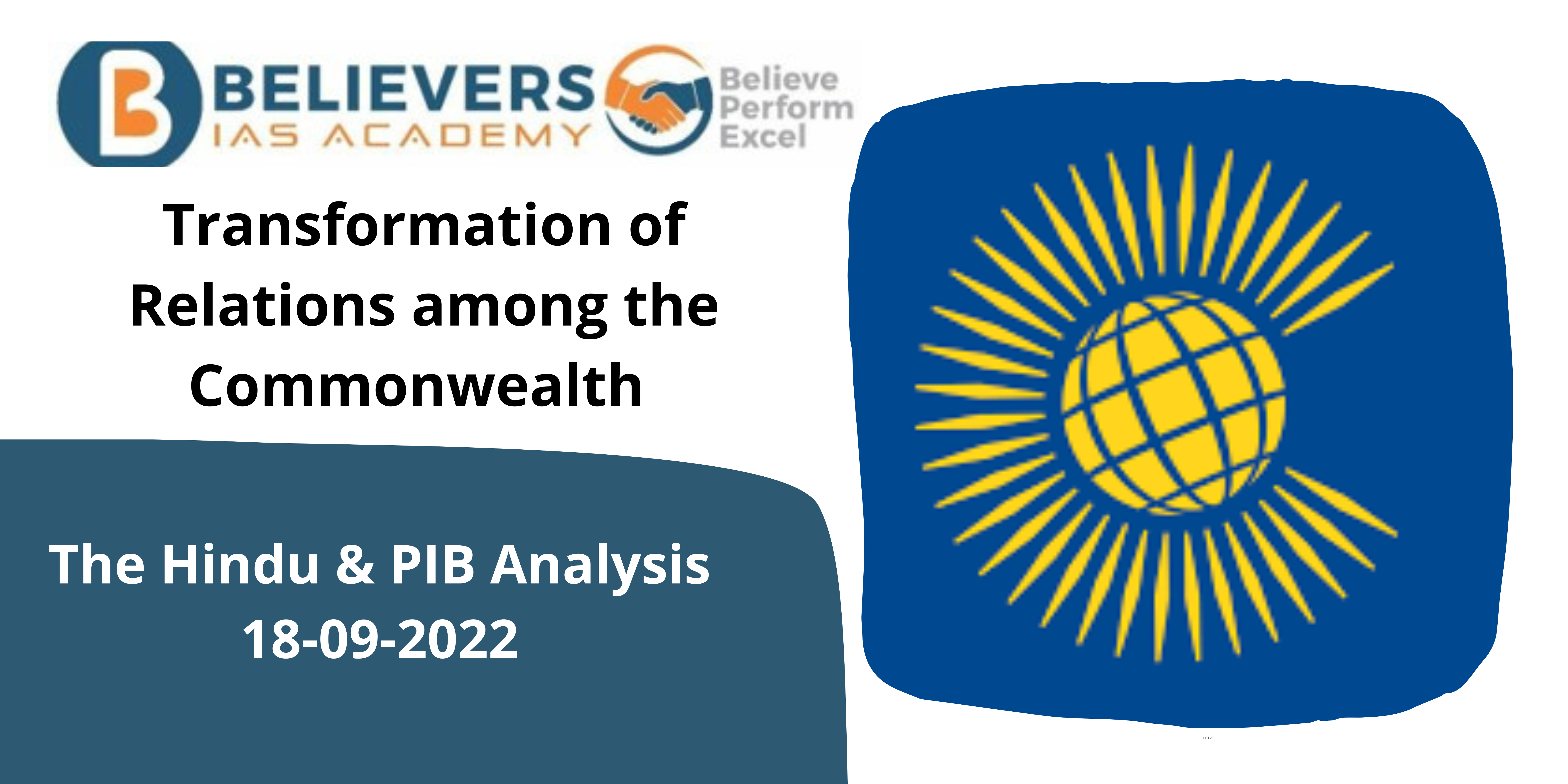Russia- Ukraine Conflict
The Russia-Ukraine war is a complex and ongoing conflict that began in 2014. The dispute may be traced back to Ukraine’s determination to draw closer to the West, culminating in the 2014 Ukrainian revolution that deposed Viktor Yanukovych’s pro-Russian administration. In reaction, Russia annexed Crimea, a Black Sea peninsula that had previously been part of Ukraine, and backed separatist groups in the eastern provinces of Donetsk and Luhansk. Since then, the conflict has erupted into a full-fledged war, with thousands of people killed and millions displaced. The war has also strained relations between Russia and Western countries, which have retaliated with economic sanctions against Russia.
Background:
- In 1991, Ukraine declared independence from the Soviet Union.
- Ukraine has a sizable ethnic Russian population, especially in the Crimean Peninsula and the Donbas region in the east.
- Viktor Yanukovych, Ukraine’s pro-Russian president, was deposed by a popular uprising in 2014 and fled to Russia.
- Russia retaliated by annexing Crimea, alleging that it was doing so to defend ethnic Russians in the area.
- The world community strongly opposed the annexation, and the UN General Assembly voted a resolution declaring the annexation null and void.
- Pro-Russian rebels in eastern Ukraine launched an insurgency against the Ukrainian government following the annexation.
- Beginning in 2021, Russia increased its military posture along Ukraine’s border, particularly within neighboring Belarus. Russian leaders have constantly rejected any intention to attack Ukraine.
- In February 2022, Russia recognized the DPR and LPR as separate states, with Putin launching a “special military operation” in Ukraine and then conquering the region. The invasion was widely denounced globally, and many countries imposed or expanded existing sanctions against Russia.
Reasons for Russian aggression :
- Historical relations: Russia and Ukraine have long maintained deep cultural, linguistic, and economic ties, and many Russians regard Ukraine as a natural ally and bulwark against the West. Many Russians saw the takeover of Crimea as a way to restore historical ties and defend ethnic Russians in the region.
- Strategic ties: Ukraine is strategically vital for Russia because it serves as a key transit route for Russian natural gas supplies to Europe. Russia also has its Black Sea Fleet in the Crimean city of Sevastopol, which gives it access to the Mediterranean and a warm-water port.
- Domestic politics: Putin’s popularity at home has been linked to his foreign policy, and the annexation of Crimea was overwhelmingly supported by Russians. Some commentators believe Putin may have started the conflict with Ukraine to divert attention away from home economic problems and to consolidate his control.
- Geopolitical considerations: Russia regards itself as a major power, and its foreign policy has been more muscular in recent years. The conflict with Ukraine can be seen as part of Russia’s larger drive to reassert itself on the global scene and challenge the supremacy of the US and its allies.
Response from the West:
- Economic sanctions: In reaction to Russia’s actions in Ukraine, the United States, the European Union, and other countries have put economic sanctions on the country. These sanctions are meant to put pressure on Russia to improve its behavior in the banking, energy, and defense sectors.
- Diplomatic efforts: Numerous diplomatic efforts have been made to resolve the crisis, including negotiations between Russia and Ukraine, as well as international mediators such as the United States and the European Union. The 2015 Minsk II agreements called for a ceasefire and the removal of heavy weaponry from the battle lines, but the truce has been regularly broken.
- Military help to Ukraine: The United States and other Western countries have contributed weaponry, training, and logistical support to Ukraine. However, this assistance has been limited, and there has been no direct military engagement in the fight by Western countries.
- Humanitarian aid: Western countries and international organizations have donated food, shelter, and medical care to millions of individuals affected by the conflict.
Impact on India:
- India has long had strong relations with both Russia and Ukraine and has worked hard to retain those connections.
- India has appealed for the crisis to be resolved peacefully via dialogue and diplomatic initiatives.
- India recognizes Russia’s security concerns while supporting Ukraine’s sovereignty and territorial integrity.
- India has voted against some UN resolutions linked to the war, stating its determination to remain impartial and not take sides.
- Overall, India has maintained a cautious neutrality in the Russia-Ukraine crisis, aiming to balance its connections with both nations while simultaneously advocating for a peaceful resolution.
- Ukraine’s problem is that the world is becoming more economically and geopolitically intertwined. Any improvement in Russia-China relations affects India.
- There is also an influence on the region’s large Indian diaspora, affecting the lives of thousands of Indian students.
Way Forward:
- Diplomatic talks: Diplomatic talks are still the most significant way to end the issue. The Minsk Agreements, agreed upon in 2015, outlined a path to a peaceful conclusion of the conflict, including a ceasefire, the removal of heavy weaponry, and democratic reforms in Ukraine. However, these accords have only been partially implemented, and the ceasefire has been routinely breached. Renewed diplomatic efforts are required to relaunch the Minsk process and involve all parties in productive conversation.
- Confidence-building measures: Confidence-building measures can assist alleviate tensions and set the stage for successful diplomatic conversations. These actions could include removing heavy weaponry from the front lines, reducing military activities, and releasing prisoners.
- Economic and political reforms: Addressing the underlying economic and political concerns that contributed to the conflict can help prevent it from happening again. Reforms to combat corruption, strengthen governance, and promote economic development could be included.
- International assistance: International assistance is critical to settling the war. The United Nations, the European Union, and other international organizations can help diplomatic efforts, provide humanitarian aid, and promote economic and political reforms. International pressure on Russia to respect Ukraine’s sovereignty and territorial integrity, as well as on all sides to engage in constructive conversation, can contribute to the creation of conditions for a peaceful conclusion of the conflict.




